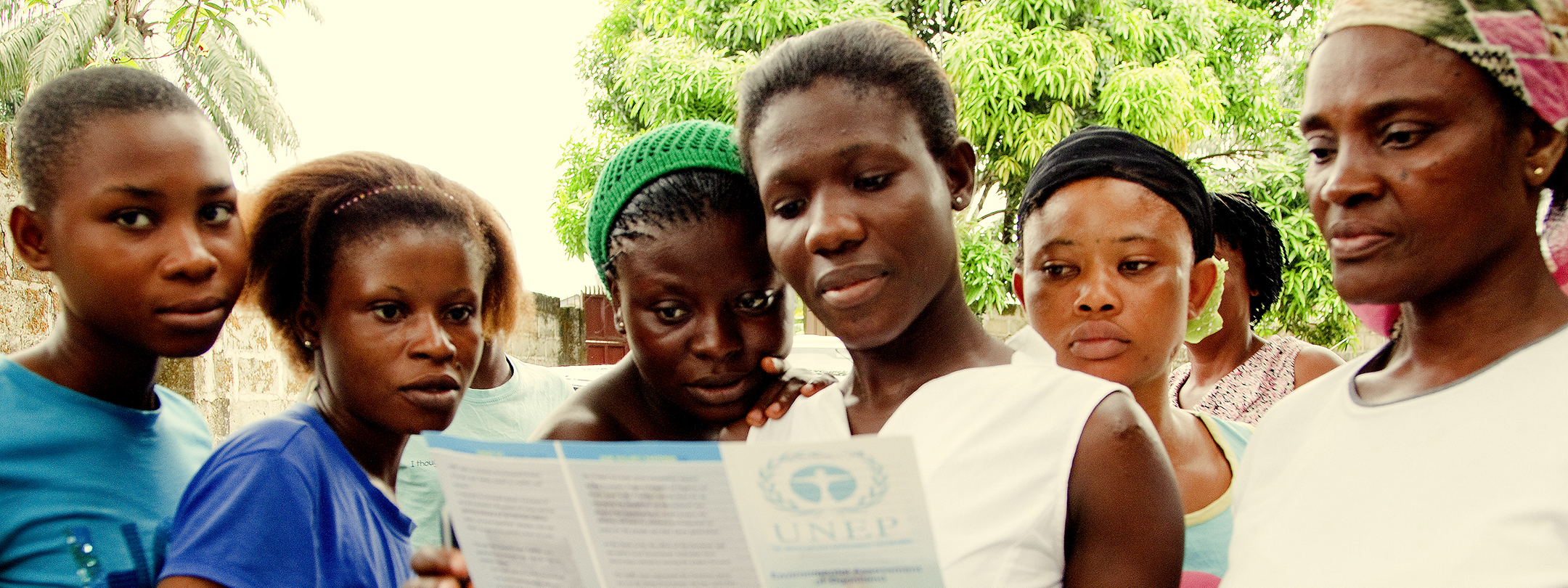International Peacebuilding Goes Local: Analysing Lederach's Conflict Transformation Theory and its Ambivalent Encounter with 20 Years of Practice
Publisher: Peacebuilding
Author(s): Thania Paffenholz
Date: 2012
Topics: Assessment, Conflict Prevention, Monitoring and Evaluation, Programming
This article examines how peacebuilding theory has influenced the shift from the international to the ‘local’ in the practice of international peacebuilding and analyses the consequences for local communities, international peacebuilding practice and critical peacebuilding research. The results demonstrate that transformative peacebuilding theories, in particular John Paul Lederach's work, have enormously influenced the policy discourse and practice of supporting the ‘local’. Revisiting 20 years of this theory–practice encounter, this article concludes that peacebuilding practitioners have overwhelmingly recognised the importance of Lederach's shift towards local actors. However, this has failed to result in the desired peacebuilding outcomes. This article identifies three main reasons: (1) particular understandings of the ‘local’ by the ‘international’; (2) narrow international support strategies, ignoring the broader international, regional and local peacebuilding arena, and existing power relations; and (3) the mantra status of Lederach's middle–out approach as an almost unquestioned theory of change in civil society peacebuilding that invites reflections on theory–practice encounters and responsible peacebuilding scholarship.
